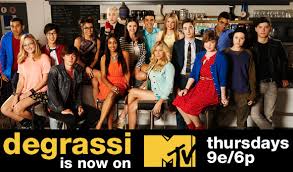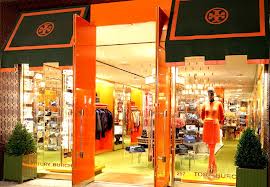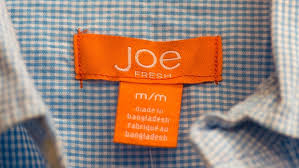From studies in organizational behavior and experiences of group work in Sauder, I have come to understand that people are the most valuable resource in a business. Why then, is it such a bad idea to start a business with friends? Harvard Business School student Michael Fertik argues that starting a business with peers from business school is particularly destructive. The reason being that often your friends from your degree program share the same perspectives as yourself.  In an entrepreneurial environment it is absolutely necessary that the team has a wide variety of skills in order to tackle any conflicts that arises. Friends from business school often have a Batman and Robin mentality that makes them believe they can handle anything, but a majority of these ‘fresh out of school’ businesses fail. By hiring only friends as well, a new entrepreneur runs the risk of having a labour force with not only the same skills, but the same weaknesses. Working solely with friends or family also does not encourage the expansion of personal networks. Connections are extremely important in finding specific talents that may be very useful to the business. Serial entrepreneur Kirk Simpson learned through his various attempts at starting adventure tourism booking websites that rather than surrounding oneself with friends, it is most beneficial to be around people who are smarter than you and can teach you what you need to succeed.
In an entrepreneurial environment it is absolutely necessary that the team has a wide variety of skills in order to tackle any conflicts that arises. Friends from business school often have a Batman and Robin mentality that makes them believe they can handle anything, but a majority of these ‘fresh out of school’ businesses fail. By hiring only friends as well, a new entrepreneur runs the risk of having a labour force with not only the same skills, but the same weaknesses. Working solely with friends or family also does not encourage the expansion of personal networks. Connections are extremely important in finding specific talents that may be very useful to the business. Serial entrepreneur Kirk Simpson learned through his various attempts at starting adventure tourism booking websites that rather than surrounding oneself with friends, it is most beneficial to be around people who are smarter than you and can teach you what you need to succeed.
Sources:
http://blogs.hbr.org/2013/11/dont-start-a-company-with-your-business-school-pals/




















